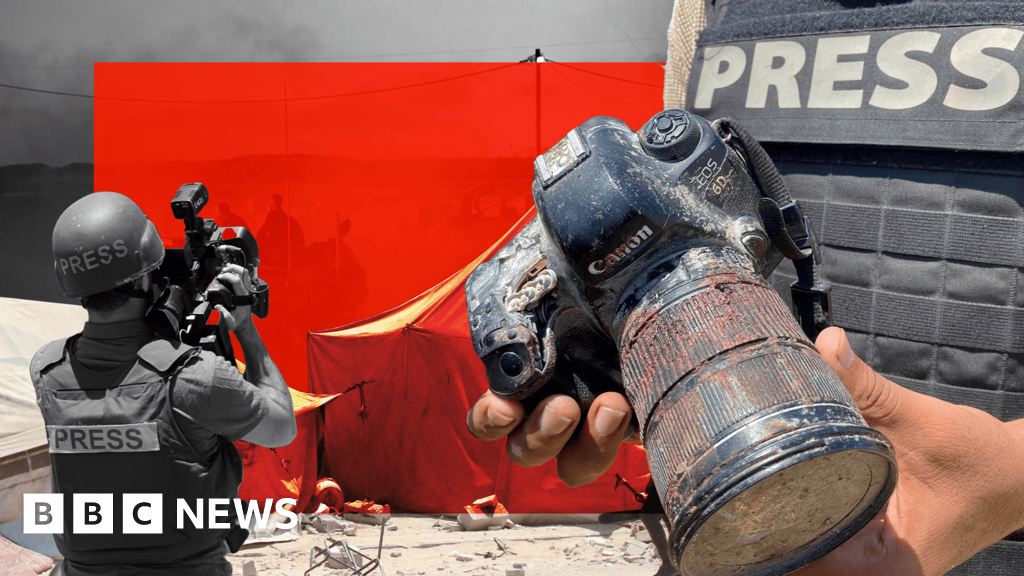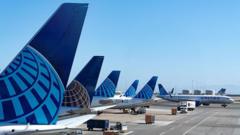Boeing is facing one of the toughest periods in its history, struggling to recover from a myriad of challenges including safety concerns, financial setbacks, and a loss of employee confidence. Following a prolonged strike that cost the company billions, the aerospace giant's ability to bounce back is under scrutiny.
The recent troubles for Boeing were compounded when two astronauts were stranded on the International Space Station after their Starliner capsule encountered a critical fault, raising questions about the reliability of its spacecraft. Industry analyst Bjorn Fehrm highlights an alarming shift in morale within the company: "People in Boeing don't believe in words from top management anymore," he states.
At the heart of the calamity is an exposed culture of chaos and negligence in production, as illustrated by the whistleblower allegations from employees like Sam Mohawk, who described a significant volume of faulty parts potentially being fitted onto aircraft due to poor manufacturing oversight after the pandemic. These alarming claims found their way into congressional hearings, where senators criticized Boeing's management for prioritizing profits over safety.
Former CEO David Calhoun insisted the company operated with integrity during these crises, but like many of his predecessors, he resigned shortly thereafter, leading to the appointment of Kelly Ortberg. Ortberg has committed to transforming Boeing's corporate culture, emphasizing trust and passenger safety while implementing a comprehensive safety and quality initiative initiated earlier in the year.
Yet, as Mr. Mohawk contends, the company's focus on rapid production to maximize profits still pervades, posing a threat to genuine safety reform. Other employees report dismal morale and a disregard for safety protocols due to managerial pressure.
Moreover, aviation expert Mike Dunlop suggests that Boeing is experiencing a cultural renaissance as it begins to recalibrate its focus, hopefully steering away from past arrogance. Nonetheless, the well-being of the workforce remains precarious.
Faced with billions in losses and diminished market share, Boeing delivered only 291 aircraft in the first nine months of 2024, significantly trailing its European competitor Airbus, which shipped 497. This instability impacts not only Boeing and its employees but also the wider economy, as the aerospace sector relies heavily on its success.
The FAA's Mike Whitaker underscored the urgency for Boeing to undergo a fundamental cultural transformation aimed at prioritizing safety and quality. Critics assert that the problems brewing in Boeing are historical and won't vanish overnight, making the looming challenges even greater for the new leadership.
As Boeing embarks on this challenging path to rejuvenation, it faces an uphill battle to regain trust—both within its ranks and among its clients. Futures hang in the balance as the company strives for what some describe as a "borderline miraculous" turnaround. The stakes remain high as the industry watches closely.























